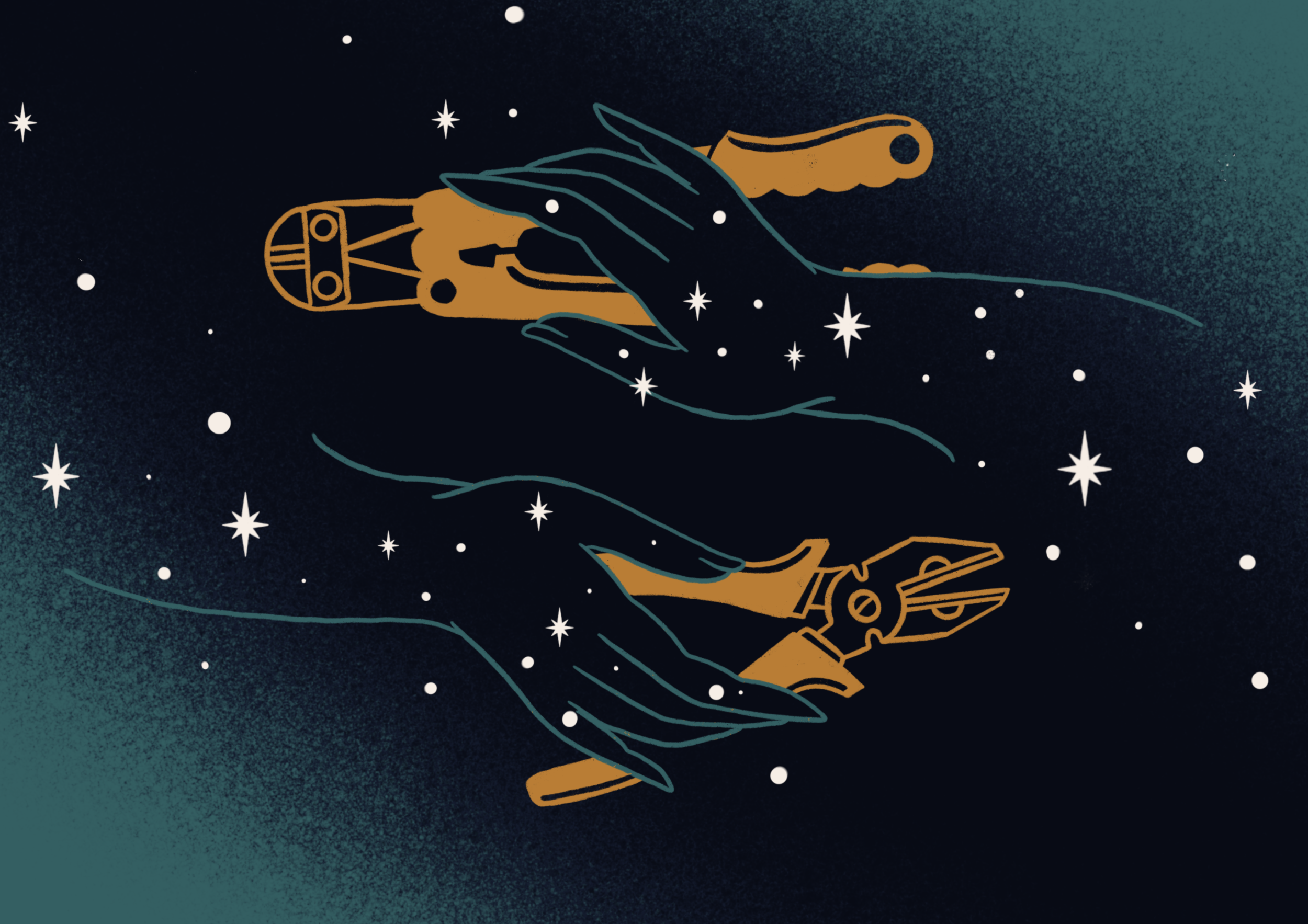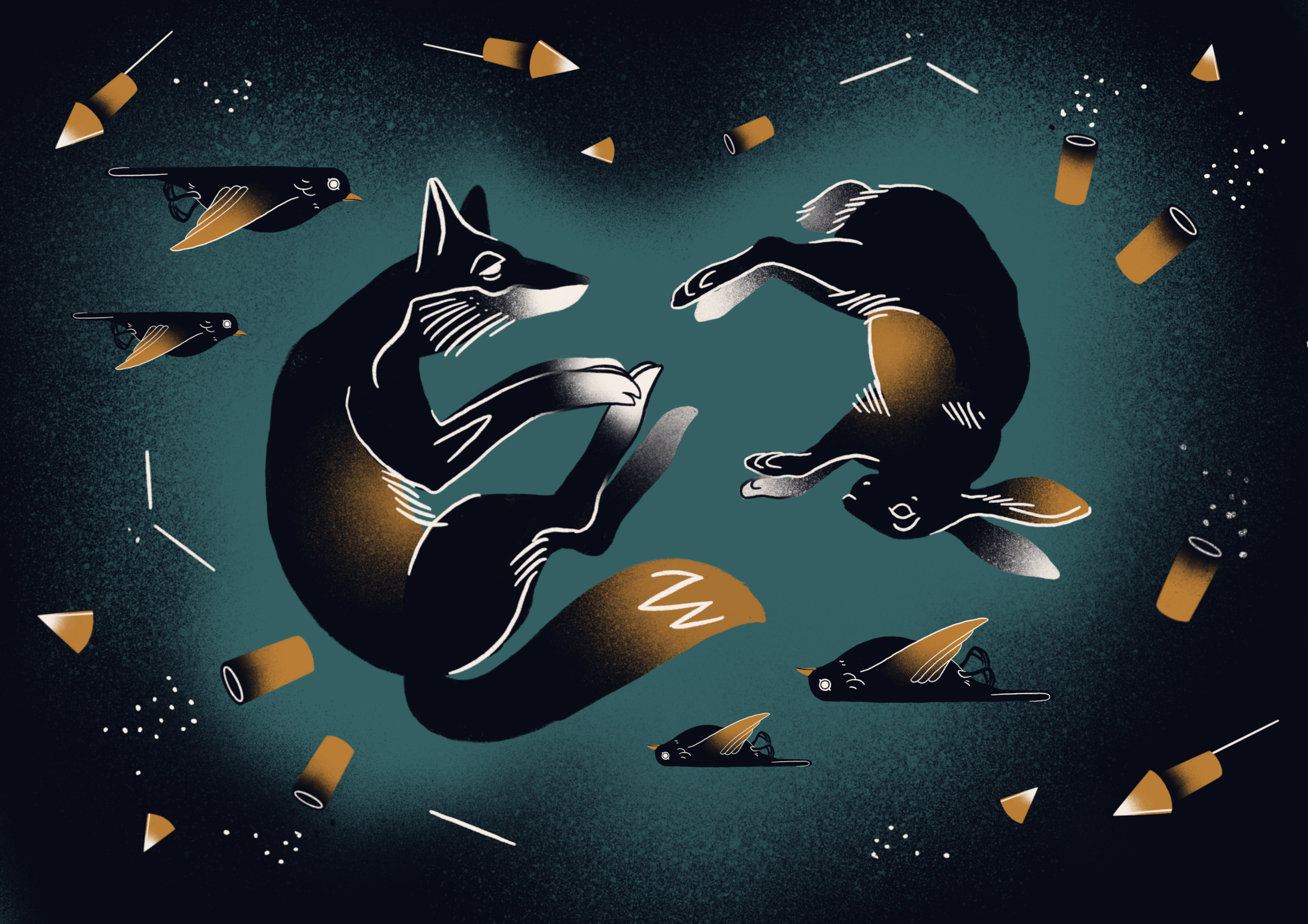IS YOUR PERIOD VEGAN?
Where I talk a lot and openly about this topic, I know that it is still a taboo topic on so many different levels around the globe: the menstrual cycle, the female* period. Although about 26 percent of the world’s population menstruates regularly on this planet, it is still a seen (or should we ironically say ‘unseen’) forbidden and considered “dirty” topic that is not talked about enough very thoroughly and openly.
This blog post though is specifically about non-vegan feminine hygiene products, specifically tampons, pads, menstrual cups, and menstrual underwear, already strongly stigmatized, misconceived, and discriminated against, unavailable in many countries, and highly-priced and taxed in those who do have regular access. Aside from the general lack of information on human health and the environmental impact, we know even less about what damage non-vegan hygiene products do to animals.
INITIAL SITUATION
When it comes to menstruation (period) there are various clues as to what is seen as “normal or abnormal” in society but that’s about it. The rest remains open for discussion or rather for self-evaluation, self-education and therefore can easily lead to insecurities, shame, and self-doubt which can furthermore lead to less mindfulness, knowledge, and overlooking important issues that are related. As this could be another whole important topic for itself to talk about, it is not the targeted topic here on this blog. Let’s focus on talking about animal rights in connection with feminine hygiene products.
Prepare yourself for some revealing, intangible, and shocking but habit-changing information, and if you think this is none of your business because you don’t personally menstruate, believe me, you do want to stay and know too to educate others; probably including menstruating people too and in the broadest sense, let’s be honest here, this concerns innocent animals and this is why you are here in the first place, isn’t it?
ABOUT VEGAN AND NON-VEGAN FEMININE HYGIENE PRODUCTS
Before I went vegan I have never even thought that there could be anything not vegan about tampons, which I used to use all the time, pads, or anything else. “They are only made out of cotton”, I assumed and blindly trusted the industry, because after all, I put it in my vagina month after month and switched it as indicated on the package, so it had to be safe and ok to use, right? Wrong!
I was so wrong about the safety of feminine hygiene products.
It, therefore, has never occurred to me to question the moral and ethical use of feminine hygiene products in the context of animals and to be honest, we shouldn’t have to. Waking up to the fact that I indeed have to question it, it came even more shockingly to me when I did my full research on it when I went vegan and started to break out of my limited and conditioned thinking. Aside from the serious health risks that tampons pose, I was speechless and even more shocked to read what is done to defenseless imprisoned animals during production and licensing for the market.
ANIMAL TESTINGS USED IN FEMININE HYGIENE PRODUCTS
So what’s not vegan about conventional tampons, pads, menstrual cups, or menstrual underwear? There are many things I will go into more detail in this blog post. One of the many ways of using animals is testing on them and so many people are not aware of it.
So how are conventional tampons tested on animals, you ask?
Exactly the way you think they are. Artificially made menstrual blood-stained tampons are put into animals’ vaginas. Not only rabbits but also guinea pigs and baboons among others are used to test the harm of bleach, plastic chemicals, and the TSS (Toxic Shock Syndrome) toxin and to measure the response to lethal shock which almost every time leads to death. If the experimental results are insufficient, a tampon may be inserted into the subcutaneous fat behind the rabbit’s neck.
The same may apply to menstrual cups too as they are, like tampons and pads, seen as medical devices in some countries and if they are then made from medical grade silicone they are getting tested on animals too to ensure that they are stable. When it comes to vegan menstrual cups make sure to look for the certified vegan label or ask/write the brand and manufacturer.
Here are two vegan brands I know of ➸ Einhorn & ➸ Lunette (not sponsored).
ANIMAL-DERIVED SOURCES USED IN FEMININE HYGIENE PRODUCTS
ADHESIVES
One of the most hidden and invisible non-vegan ingredients are in fact adhesives, concerning not only menstrual hygiene products. Even though many adhesives can be easily made from synthetic sources nowadays, companies still (choose to) use animals in the process, because they have always used it, never thought of it, or simply got a good and comfortable deal. While it may sound nit-picky to some, there’s so much cruelty in animal-derived adhesives and that is why we urgently need to address this issue.
Many adhesives used, for example, for labeling products consist of casein, a form of milk protein derived from cow’s milk.
➸ Watch this 5-minute video if you don’t know what happens to cows in the dairy industry
Another possible component of adhesives is “animal glue” (German: Glutinleim). This is a water-soluble, natural adhesive obtained from animal waste (glue-producing bodies) by boiling. It is similar to gelatin (or recycled from gelatin) which is a protein obtained by boiling skin, tendons, ligaments, and/or bones with water. It is usually obtained from cows or pigs.
PHTHALATES
Phthalates are plasticizers that have already been found in sanitary pads. They are found on the adhesive strips on the bottom of the pad or panty liner. Plasticizers are in principle synthetically produced and not derived from animal products, but they are very often tested on animals (read above).
MERINO WOOL
I consider the newly invented menstrual underwear to be a total game-changer when it comes to comfort during menstruation days. However, in the production of this animal suffering and injustice may be hidden, if a company chooses, for example, merino wool for the inner layer of the underpants which should collect and hold the blood. Fortunately, it is often communicated that wool is used compared to other animal-derived sources. Just don’t believe the lies of the wool industry.
For vegan menstrual underwear please check out ➸ femtis (sponsored; product tester).
Any type of animal farming for the reason of exploiting individuals and making money off of them is a form of oppression and exploitation and not at all in the best interest of the animals.
The wool industry is still a very intransparent, cruel, and violent industry that, like the leather industry, struggles to be as high quality as possible to make the buyer believe that it is “ethically sourced wool”. Any type of animal farming for the reason of exploiting individuals and making money off of them is a form of oppression and not at all in the best interest of the animals. This industry is all about marketing and selling them as humanely and ethically as possible, while the victims are imprisoned, exploited, mutilated, and killed.
➸ Watch this video on wool by Earthling Ed
➸ Read about “Leather Is Not Your Skin To Wear”
HOW AND WHAT TO CHOOSE
Choose certified organic, 100% natural, cruelty-free, and vegan labeled period products just like tampons and pads, or even better for the environment choose organic cotton textile pads, menstrual underwear with organic cotton filling.
SOME EXTRA INFO ON …
CONVENTIONAL PRODUCTS VS. ORGANIC COTTON
Conventional, non-organic, menstrual products such as tampons or pads often contain plastic and pesticides (in addition to the listed animal ingredients above); in the packaging, in the applicator, and even in the fibers themselves. Flushing menstrual hygiene products that contain plastic pollutes the oceans and is harmful to marine life.
How to proceed: When choosing disposable hygiene products like tampons and pads, the least be sure that you choose vegan products made from organic cotton!!! I didn’t know this for so long.
Why organic cotton you ask?
Conventional cotton production has a major impact on wildlife and insects due to the harmful chemicals used to fertilize cotton fields, which are also then found to some extent in conventional cotton and are inserted into vaginas. Again: harmful chemicals are inserted into vaginas.
➸ Read more about organic cotton
DISPOSAL
Dispose of your period products properly. Whether you choose to bin them or compost your pads or tampons (if biodegradable), whatever you do, NEVER flush them down the toilet. Even if the products you choose are biodegradable meaning that they only consist of plant-based materials that can break down into natural components, it doesn’t happen overnight.
Only ever flush the three Ps; pee, poo, and paper.
Wrap a bit of toilet paper around the used tampon or pad and put it in the garbage can! Ideally, there should be one right next to the toilet. To avoid possible unwanted smells use biodegradable bags and trash cans with lids.
For less waste, reduced risk of TSS (Toxic Shock Syndrom), and for more comfort, please read on ...
WHAT I HAVE FOUND THE BEST SOLUTION FOR MY FLOW
To summarize all the aspects (animal-friendliness, environmental and financial aspect) mentioned in order not to make it unnecessarily complicated and sound “impossible to do”, I now recommend the following, which I find best from personal experience:
I found the combination of a vegan menstrual cup and vegan menstrual underwear or organic cotton pad not only the most comfortable and practicable choice but also the best when it comes to the zero waste and financial aspect. It may be a one-time higher investment, however, over the years it all pays off; for the animals, the environment, and your lady garden. Let it bloom!
OH, AND LAST BUT NOT LEAST ...
Menstruation is nothing to be ashamed of, grossed out, or secretive about because it is the most natural thing. It’s nothing to joke about in a discriminatory and sexist way. Please be mindful that many women* are in severe pain and some even suffer chronically from unimaginable unavoidable pain which also affects them mentally.
Furthermore, we need to talk about it loudly and openly and strongly communicate the unacceptable and unnecessary suffering non-human animals have to endure as being a victimized part of the feminine hygiene products industry. It is in your mind and hands to stop this once and for all by speaking up and making better choices.
VEGAN PRODUCTS
➸ Vegan Period Panties: femtis (sponsored; product tester)
➸ Vegan Tampons, Pads & Menstrual Cup: Einhorn (not sponsored)
➸ Vegan Menstrual Cup: Lunette (not sponsored)
➸ Vegan Tampons: bi good (not sponsored)
➸ Vegan Tampons & Pads: Natracare (not sponsored)
~~~~~
NOT YET VEGAN?
Please check out this page and make the change!
Please note:
➸ when the term "human" is used, then human animals are meant by it, and the same applies to the term "animal", who are non-human animals.➸ the term "woman", "female" or "feminine" is for me generally not assigned to any biological gender and is therefore marked with an asterisk (*) at the beginning of the blog post.➸ text and illustrations are intellectual property of Kerstin Brueller. Sharing the content for private purposes is appreciated and always to be provided with a copyright. It is prohibited to copy and share it for commercial purposes. Please contact me for a collaboration, if you are unsure or have any further questions. Thanks for your understanding.➸ I personally care much about symbolism and the meaning of certain shapes and metaphors. The images and interpretations are the representation of my own imagination.SOURCES
sponsored sources are marked with a ★
Natracare - Why Your Period Might Not Be Vegan

















